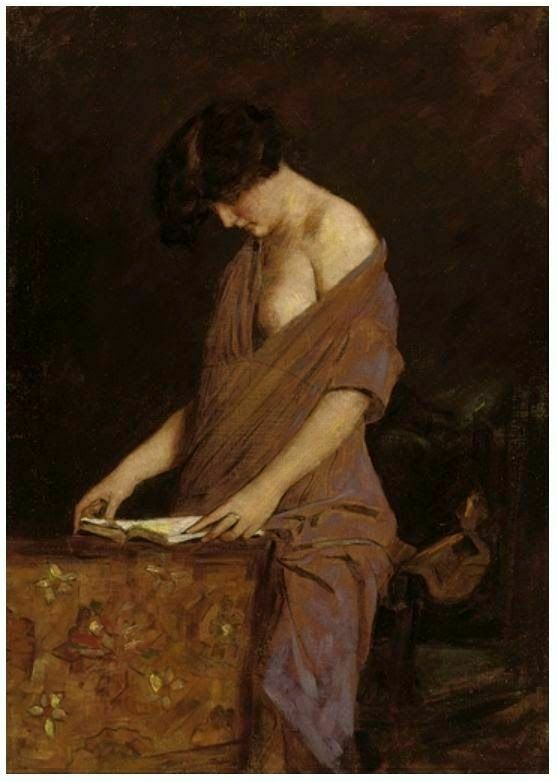Vivlio builds an EU-based bookstore-agnostic e-book platform with open-source DRM
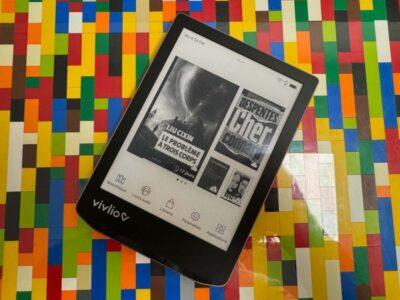
Vivlio has been building an open European alternative to the Kindle and Kobo e-readers. And it proves that you can compete with tech giants with a team of 35 as long as you have a distinct strategy with different goals.
“The fundamental principle of the Vivlio model, which really sets us apart from Kobo, for example, which has a partnership with Fnac, is that we guarantee two things to our partners. First, the customer remains their customer. This means that the customer account is a bookseller’s customer account, not a Vivlio customer account,” Dupré said.
“Second, a very large portion of the sales generated by the Vivlio ecosystem go to the bookseller. In other words, we leave most of the margin to the reseller . . . That’s the contractual, legal and operational promise,” he added.
Adobe’s DRM hasn’t evolved in years. It’s clunky, hostile to the end user and Adobe takes a cut on each transaction. “The company literally almost died because of [Adobe’s DRM] as we were having major problems. It accounted for 80% of our customer support requests,” Dupré said.
Vivlio contributed to Readium LCP, an open-source DRM solution that doesn’t require an Adobe account (or any third-party account).
So, this is in interesting approach. What makes Kindle popular is of course the Amazon “bookstore”, and Amazon has kept that non-compatible with other readers, as that is their trump card. Amazon also has a massive number of books at good prices, so that has been difficult for anyone else to compete with.
And as much as many hate DRM, it’s still a core part of the publishing industry so you need seamless support for it otherwise many popular books are not going to be available. Vivlio has addressed this, and I hope that LCP gets more widely adopted vs Adobe DRM.
One problem I found though was that although the Vivlio website is quad lingual, the shop seems to default to French without any visible means of switching to English. The same happened when I clicked on the option to buy an e-reader. This is not going to appeal to global audiences too much.
See https://techcrunch.com/2023/11/30/this-small-french-company-wants-to-build-the-open-alternative-to-kindle-and-kobo/
#Blog, #ereader, #reading, #technology, #Vivlio


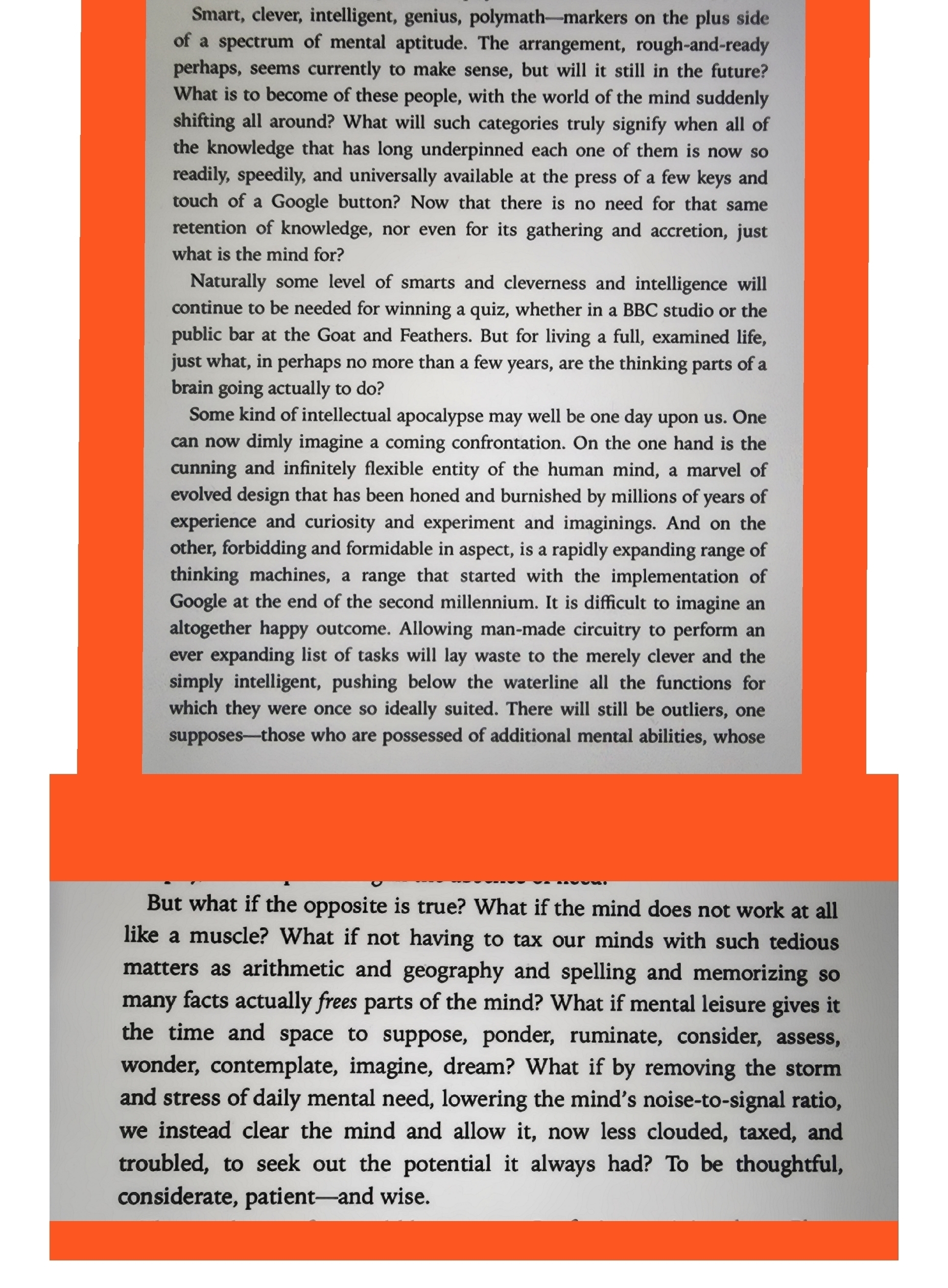
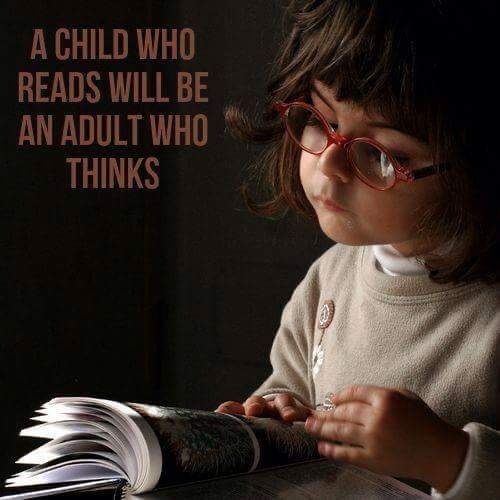

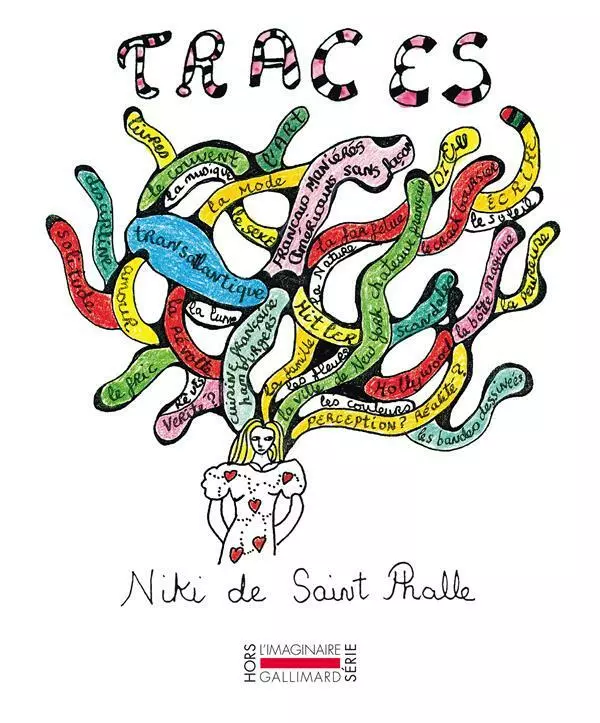
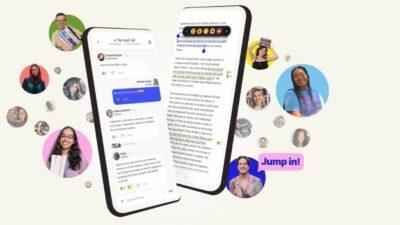

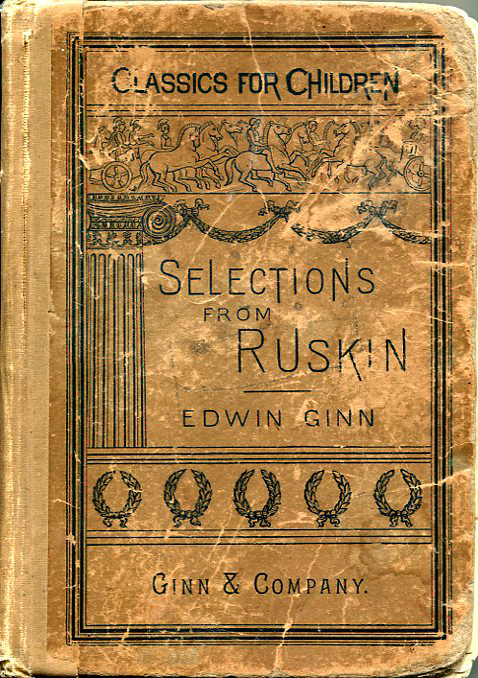







:max_bytes(150000):strip_icc():focal(764x213:766x215)/Dua-lipa-latest-book-club-recommendation-091923-tout-c6a3b3183f494082b42c6490bec0a532.jpg)



